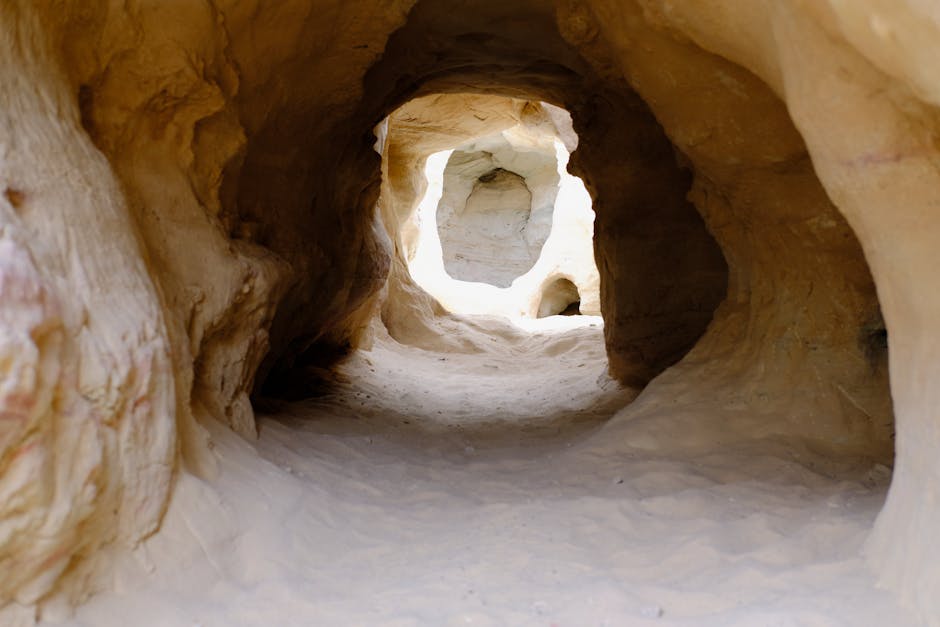History, a complex weave of interconnected events, decisions, and consequences, often invites a crucial question: could different choices have fundamentally altered its trajectory? Examining historical events through the lens of alternative possibilities reveals the intricate interplay of chance and causality, highlighting both the potential for profound change and the inherent limitations of such hypothetical explorations. Archaeological discoveries often provide crucial pieces to this puzzle, illuminating the societal dynamics and individual actions that shaped historical moments.
Numerous pivotal moments in history stand as candidates for such “what-if” scenarios. Consider the assassination of Archduke Franz Ferdinand, an event often cited as the spark that ignited World War I. Had the assassination not occurred, or had the political responses been different, the global conflict that ravaged Europe, and beyond, might have been averted. However, exploring this hypothetical requires acknowledging the myriad of pre-existing tensions and alliances that fueled the European powder keg. An alternative scenario might involve a series of escalating diplomatic crises, culminating in a different form of conflict or even an era of protracted peace both possibilities remain highly speculative without the context of the specific decision-making processes.
The rise of empires, too, presents fertile ground for counterfactual analyses. The decision of Rome to conquer Carthage, for instance, fundamentally reshaped the Mediterranean world. A different course of action, perhaps a negotiated peace, could have produced a significantly different geopolitical landscape. Did the Carthaginian dominance, had it triumphed, mean a different form of governance, economic organization, and cultural evolution in the region? An alternative would require a detailed examination of the internal dynamics of Carthage itself, its strengths, weaknesses, and ambitions, as well as Rome’s motivations and internal pressures, to assess such a counterfactual. Archaeological findings related to both civilizations, including their military strategies, economic systems, and social structures, provide a crucial framework for such nuanced investigations.
The development of agriculture, arguably the most impactful event in human history, also invites speculation. Had early humans continued their nomadic existence, or if the adoption of agriculture had occurred at a slower or different pace in various regions, our societies today might look strikingly different. This “what-if” challenges our understanding of the relationship between environment, technology, and societal structures. Analyses of archeological sites associated with early agricultural settlements reveal crucial insights into the processes of domestication, food production, and the resulting population shifts. By studying these developments, we can more clearly assess the consequences of these choices and the pathways that weren’t taken.
The exploration of alternative histories is not without its methodological hurdles. Historiography often centers on the principle of historical causation the idea that events are linked through a chain of cause and effect. Inserting a counterfactual element into this framework necessitates careful analysis of the intricate web of historical forces and motivations. A compelling “what-if” scenario requires understanding the context in which a pivotal decision was made, considering all relevant factors, and critically evaluating the potential consequences. It demands thorough knowledge of the historical period, an understanding of the specific motivations of key individuals and groups, and a sophisticated approach to examining their potential alternatives.
One of the difficulties lies in precisely quantifying the influence of single decisions. Historical events are frequently shaped by complex interplay of circumstances, making it challenging to isolate the impact of a specific choice. The ripple effects of a decision might extend far beyond the immediate context, influencing later events and even altering the long-term development of societies. Archaeological evidence, while providing concrete data, frequently fails to capture the nuances of human motivation and the intricate tapestry of societal pressures.
Furthermore, an overemphasis on “what-ifs” could obscure the significance of actual events. Focusing solely on alternative narratives can lead to a superficial understanding of historical processes, potentially overlooking the real, consequential choices made by individuals and societies in their specific contexts. Archaeological discoveries illuminate these contexts, providing insights into the daily lives of people and the constraints under which they operated. These findings, paired with meticulous historical research, offer a more complete understanding of the historical forces at play, allowing for a richer analysis of the events that actually transpired.
Ultimately, “what-if” scenarios in history and archaeology can be powerful tools for critical thinking and historical analysis. These exercises can provoke discussions about the complex factors that shape events, highlight the interconnectedness of human history, and foster a more nuanced understanding of the past. By engaging with these counterfactual possibilities, we appreciate the significance of the choices that were actually made, and the intricate pathways that shaped the world we inhabit today. However, it is essential to approach these scenarios with methodological rigor, recognizing both the potential of such explorations and the limitations of speculative history.
